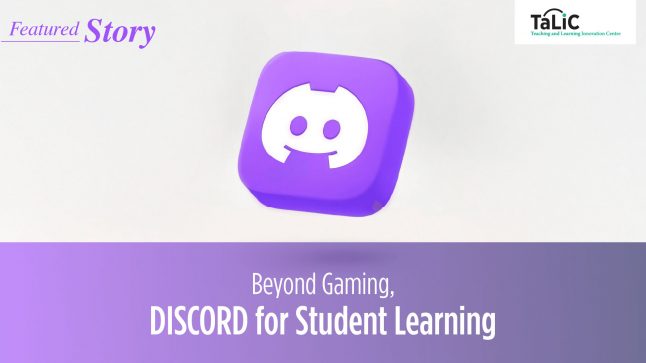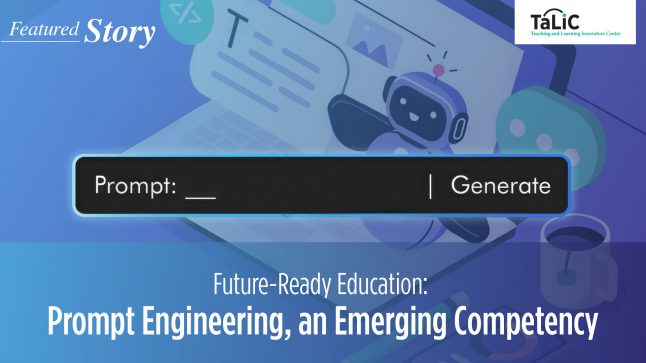
Six months ago, HKU launched its first MOOC HKU01x Epidemics with over 10,000 enrolled students and 1,226 certificates of completion earned. Comparing this MOOC learner certification rate of 12% with the average of around 5% (Jordan 2014), a picture of a successful course begins to emerge. To celebrate that success, the E-Learning Pedagogical Support Unit (EPSU) led a seminar presenting varied perspectives from some of the major stakeholders in designing and running Epidemics.
 The seminar attracted a full-house and Dr. Joseph Wu, who led Epidemics, fittingly spoke first, sharing the professors’ perspective. And what a perspective it was, with 11 professors – all top-tier scientists from the field of infectious disease research – delivering lectures on the MOOC, along with invited experts such as Professor Peter Piot (from the London School of Hygiene & Tropical Medicine) who spoke in one of the course’s highly topical panel discussions. In addition to the contributions of the professoriate team, Joe highlighted two further key factors: HKU School of Public Health’s influenza research program, with its highly interdisciplinary approach; and long-standing collaboration in terms of research and teaching between the school and other world-leading institutions such as Harvard’s Center for Communicable Disease Dynamics.
The seminar attracted a full-house and Dr. Joseph Wu, who led Epidemics, fittingly spoke first, sharing the professors’ perspective. And what a perspective it was, with 11 professors – all top-tier scientists from the field of infectious disease research – delivering lectures on the MOOC, along with invited experts such as Professor Peter Piot (from the London School of Hygiene & Tropical Medicine) who spoke in one of the course’s highly topical panel discussions. In addition to the contributions of the professoriate team, Joe highlighted two further key factors: HKU School of Public Health’s influenza research program, with its highly interdisciplinary approach; and long-standing collaboration in terms of research and teaching between the school and other world-leading institutions such as Harvard’s Center for Communicable Disease Dynamics.
 Dr. Chao Quan spoke next about his role as lead TA in Epidemics, sharing the support and coordination perspective. Chao also spoke of inter-professional collaboration between the Li Ka Shing Faculty of Medicine and EPSU colleagues and additionally highlighted how TAs can support professoriate staff during course preparation – for example in helping to prepare short lecture scripts for the MOOC instructional videos – and during the course run by being active in moderating the discussion forums.
Dr. Chao Quan spoke next about his role as lead TA in Epidemics, sharing the support and coordination perspective. Chao also spoke of inter-professional collaboration between the Li Ka Shing Faculty of Medicine and EPSU colleagues and additionally highlighted how TAs can support professoriate staff during course preparation – for example in helping to prepare short lecture scripts for the MOOC instructional videos – and during the course run by being active in moderating the discussion forums.
Two instructional designers from EPSU were up next. Dr. Jingli Cheng considered the learners’ perspective, sharing some fascinating initial results gleaned from Epidemics entrance and exit surveys, with the following highlights:
- A score of 4.6/5 in terms of overall satisfaction with the quality of the course
- 92% of participants would recommend the course to others
- 53% of those earning a certificate intend to include it on their resume
- US learners were the most represented on the course (23.2%) with Hong Kong in second place with 11.2%
- A detailed analysis of the raw learning data revealed some interesting findings about the effectiveness of course materials
Darren Harbutt followed Jingli, presenting the instructional design (ID) perspective. Darren outlined the ID approach for Epidemics and contrasted it with the slightly different roles assumed in other upcoming HKU MOOCs. The other main takeaways from Darren’s input focused (once again) on the benefits of inter-departmental collaboration and the importance of adaptive and responsive workflows.
Professor Ricky Kwok brought the event to a close outlining how HKU is leveraging MOOCs to feed forward the insights gained into the bigger E-learning picture and highlighting once again the power of collaboration, within HKU and between institutions to help promote sustainable MOOC development and ultimately achieve the outcome of improved student learning.
Overall, a timely and well-received seminar and a moment for all those involved to reflect on the successes of the past while considering future improvements, with collaboration and teamwork emerging as key themes. Have you registered yet for the second iteration of Epidemics?
References
Jordan, K. (2014). Initial Trends in Enrolment and Completion of Massive Open Online Courses. The International Review of Research in Open and Distance Learning, 15(1), 133-160.
Resources (HKU Portal login required)
Presentations in PDF: Dr. Joseph Wu / Dr. Chao Quan / Dr. Jingli Cheng / Darren Harbutt / Professor Ricky Kwok











